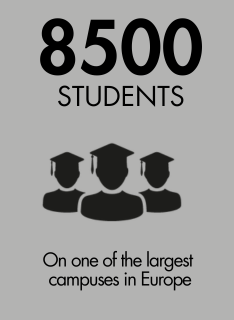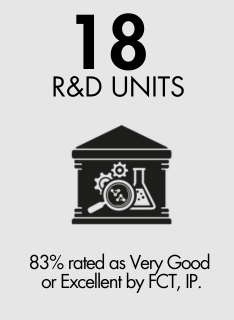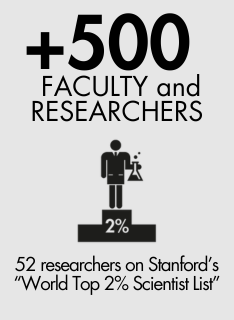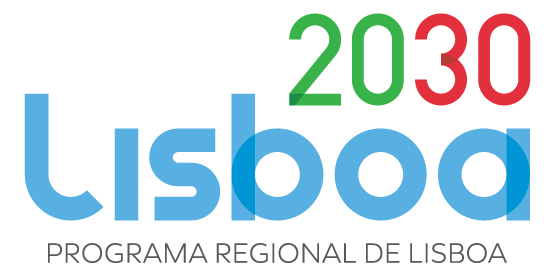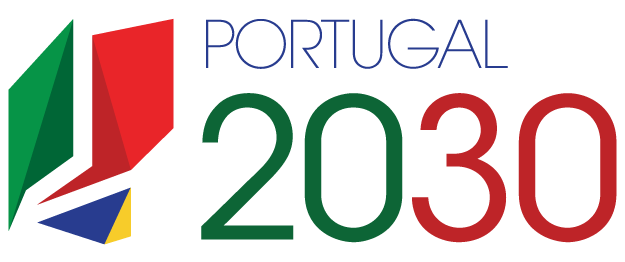For the 2025/26 academic year, applications will take place at the University of Évora. More information, here.
(International students cannot apply in the 3rd application phase, unless they already have a visa or are residing in Portugal.)
Note: The opening of applications for the 2nd and/or 3rd phase depends on the availability of places remaining from the previous phase.
Admission Requirements
a) Holders of a master’s degree (or equivalent) in fields such as Chemistry, Biochemistry, Biology, Agronomy, Animal Sciences, Forestry Engineering, Food Sciences, Rural Engineering, Environmental Sciences, or other related areas aligned with the programme’s specialisations.
b) Candidates with a pre-Bologna bachelor’s degree in the programme’s core scientific areas may also apply under specific conditions. They must have a relevant academic and scientific curriculum, recognised by the competent authorities of the institution, demonstrating their ability to undertake this PhD programme.
c) Applicants must have a minimum final classification of 14 (out of 20) in their previous academic degrees.
Selection criteria
- Field of Study: 50%
- Weighted Average Grade (of the 1st and 2nd cycle degrees, based on ECTS completed in each cycle): 50%
- Curriculum Assessment: 60%
- Scientific Publications: 40%
- Conference Presentations: 30%
- Participation in Research Projects and Activities: 30%



